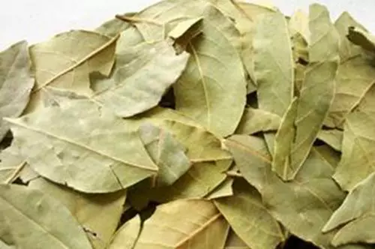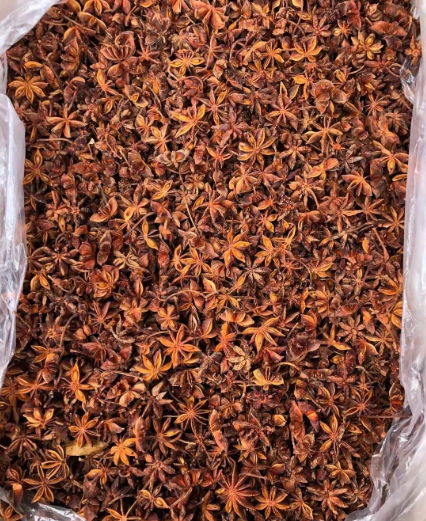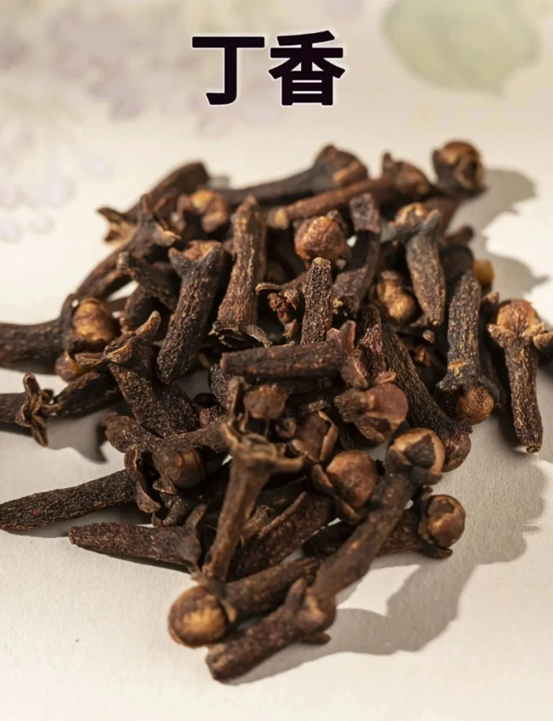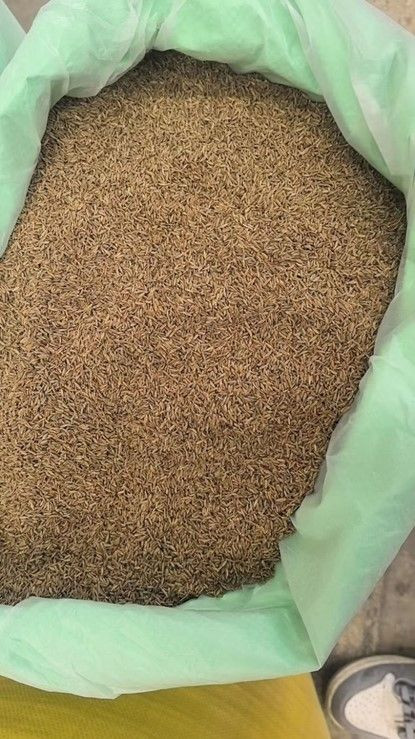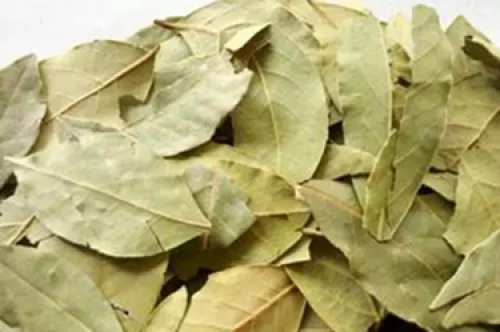

Products

Description:
Bay leaves are aromatic leaves commonly used in cooking to add depth and complexity to dishes. They come from the bay laurel tree (Laurus nobilis) and are used whole, typically removed before serving.
🌱 Quick Facts:
-
Botanical name: Laurus nobilis
-
Common name: Bay leaf, laurel leaf
-
Form: Usually dried, but can be used fresh
-
Color:
-
Fresh: Deep green, glossy
-
Dried: Olive green or dull brownish-green
-
-
Shape: Oval, pointed at both ends, 5–8 cm long
-
Texture: Papery and brittle when dried
👃 Flavor & Aroma:
-
Herbal, slightly floral, woody, and minty
-
Subtle, but adds depth and background complexity to food
-
Best when simmered slowly (soups, stews, sauces, broths)
🍽️ Common Uses in Cooking:
-
Soups and stews
-
Curries and sauces (like tomato or béchamel)
-
Rice dishes (e.g., biryani, pilaf)
-
Braised meats and slow-cooked beans
🟢 Tip: Always remove the leaf before serving. Its tough and sharp-edged—not pleasant to chew!
🧪 Health Benefits (Traditional/Herbal Uses):
-
May aid in digestion
-
Mild antibacterial and antioxidant properties
-
Traditionally used in herbal infusions for respiratory or digestive support

